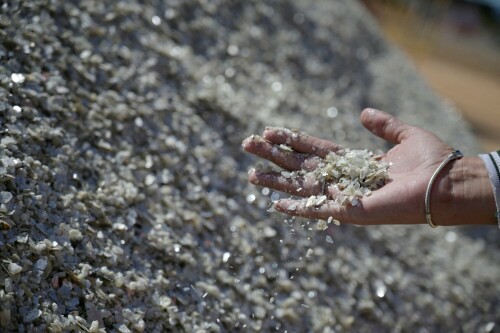Pakistan and Bangladesh Enhance Economic and Energy Cooperation
Pakistan and Bangladesh are aiming to strengthen their economic and energy relationships. Both nations are investigating fresh avenues for mutual expansion within the energy and mineral industries, particularly in coal, limestone, and petroleum-based goods.
This development occurred during a meeting between Federal Minister for Petroleum, Ali Pervaiz Malik, and the High Commissioner of Bangladesh to Pakistan, Md. Iqbal Hussain, which took place at the Ministry of Petroleum.
According to a statement released on Tuesday, the discussions centered on reinforcing collaboration in vital sectors such as limestone, coal, and petroleum items, with the goal of promoting shared economic advancement and energy stability.
Ali Pervaiz stated, “Prime Minister Shehbaz Sharif is eager to assist our brothers in Bangladesh and improve cooperation across diverse sectors,” underscoring Pakistan’s dedication to strengthening ties with Bangladesh.
“Pakistan places great importance on its relationship with Bangladesh and is keen to explore collaborative projects that offer advantages to both countries.”
Trade Discussions Focus on Industrial Needs
Bangladesh is seeking Pakistani coal and limestone to satisfy industrial demands, as revealed during trade discussions.
The meeting investigated possible partnership opportunities in the exploration sector, as well as trade in limestone, coal, and petroleum products. Both parties highlighted the significance of exchanging knowledge and exploring investment opportunities to optimize the potential of these industries.
The High Commissioner of Bangladesh conveyed his appreciation for Pakistan’s readiness to enhance economic and energy collaboration, emphasizing that such cooperation would foster regional stability and affluence.
He reiterated Bangladesh’s dedication to broadening trade and investment connections with Pakistan.
This meeting highlights the mutual commitment of both Pakistan and Bangladesh to deepen their relations and explore novel prospects for bilateral progress within the energy and mineral domains.



Comments (0)
No comments yet. Be the first to comment!
Leave a Comment